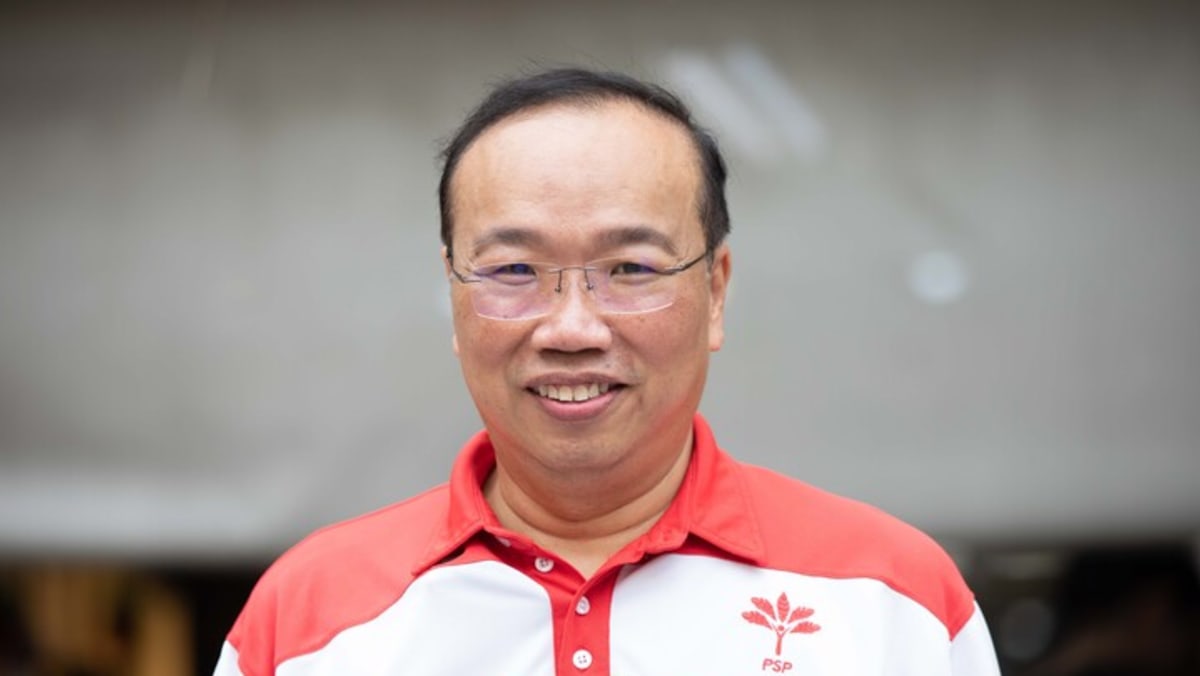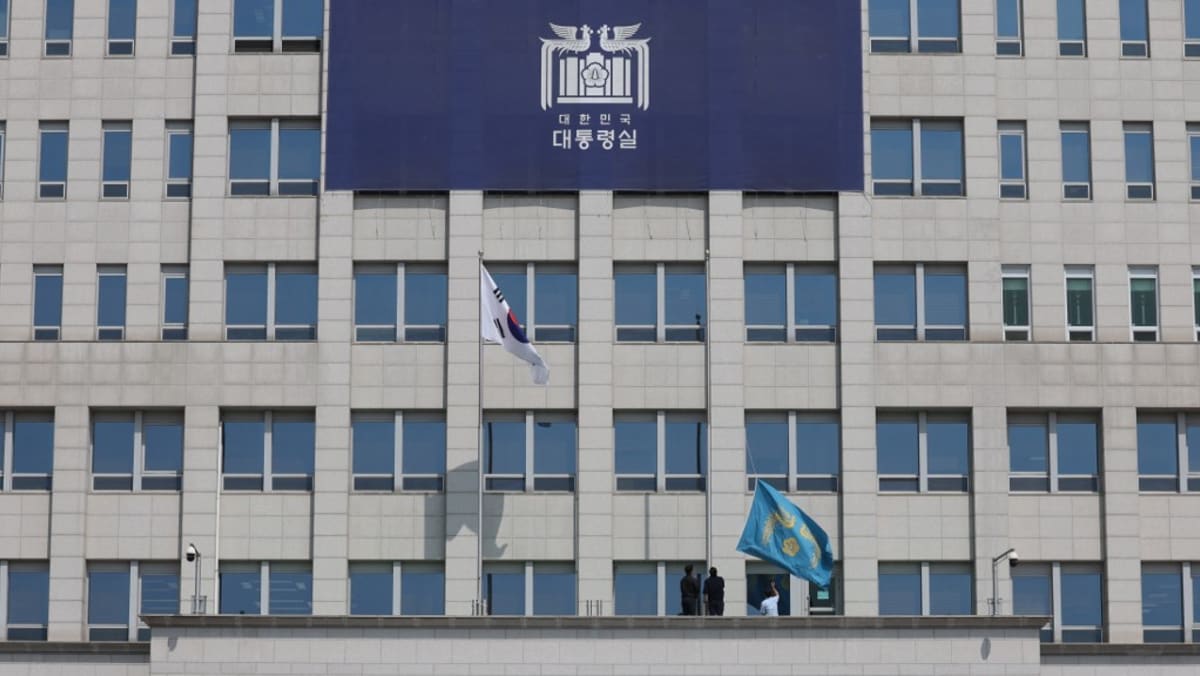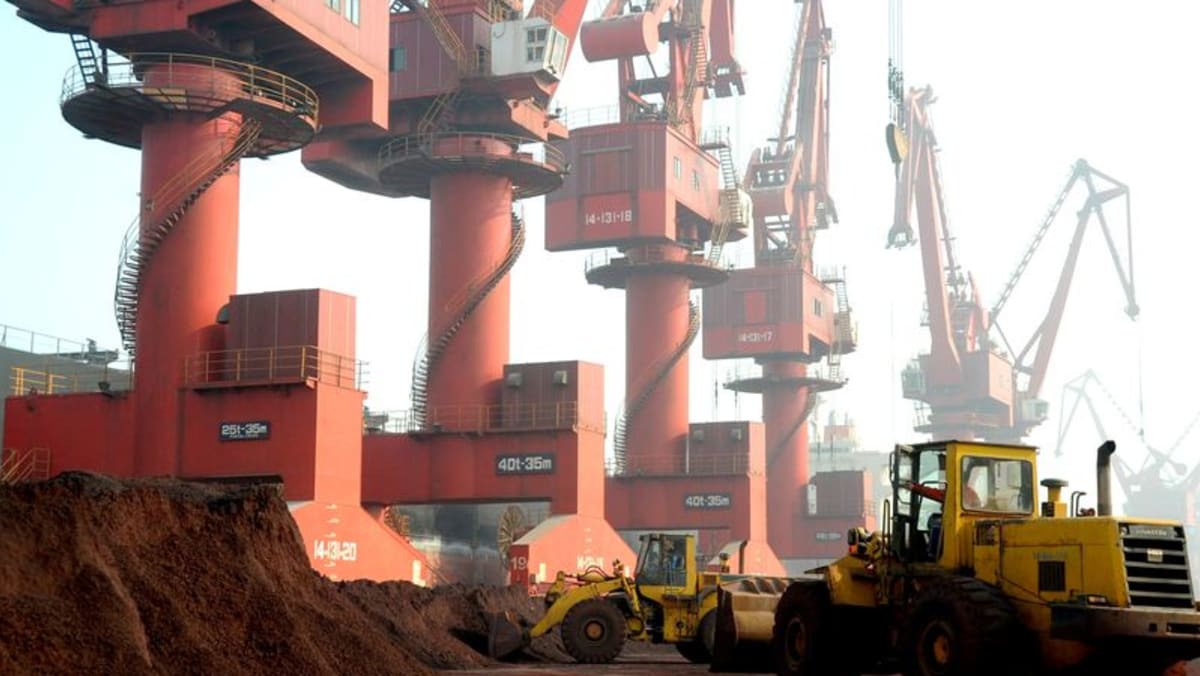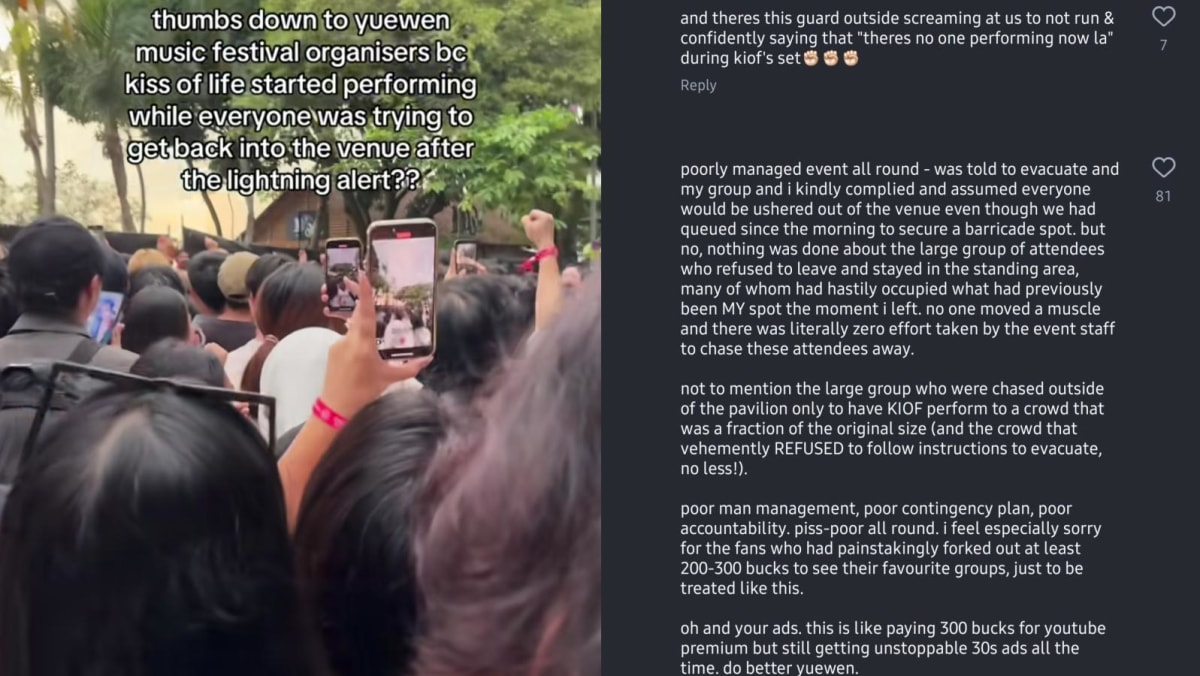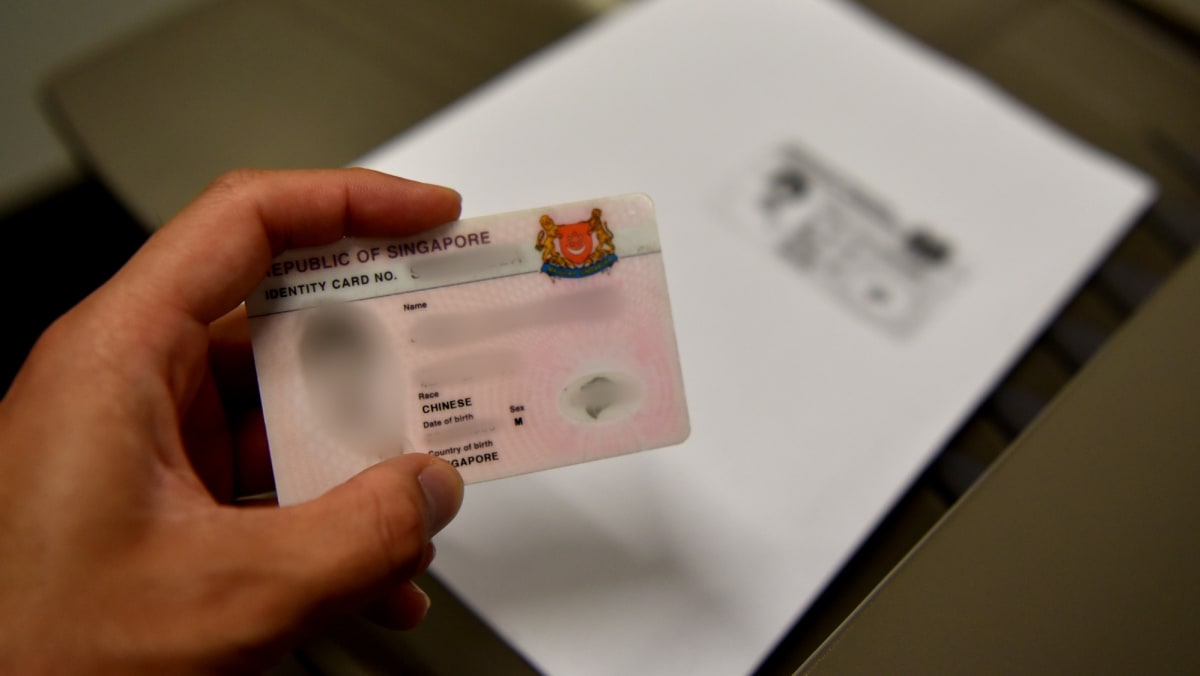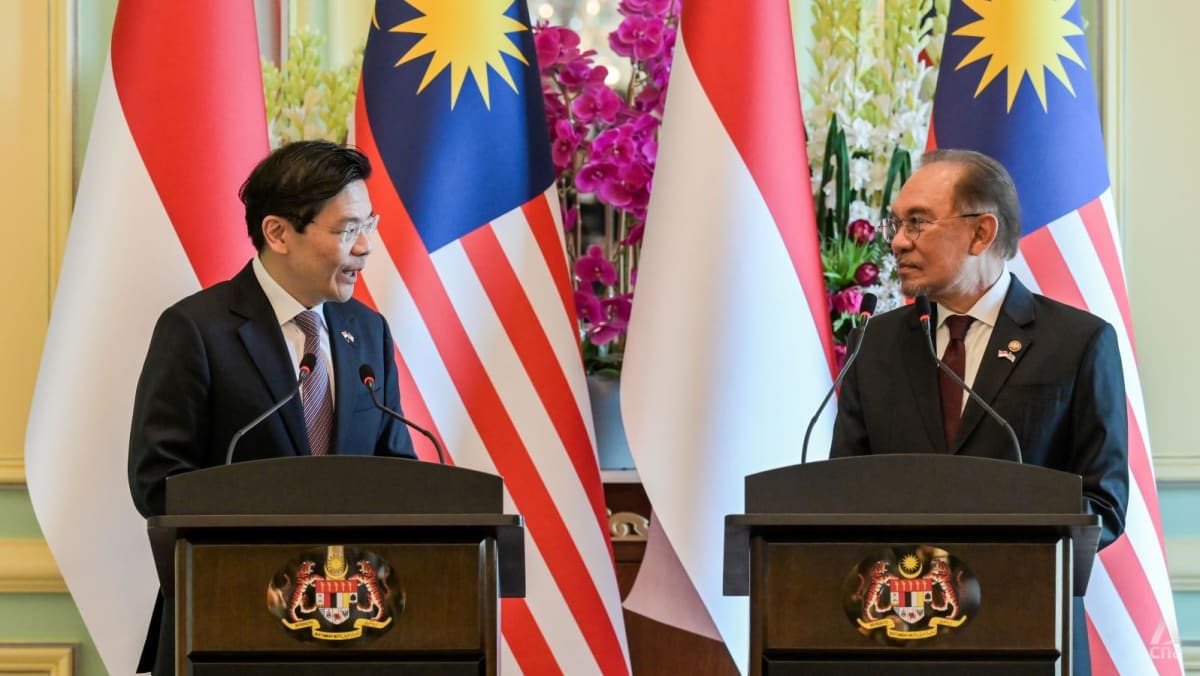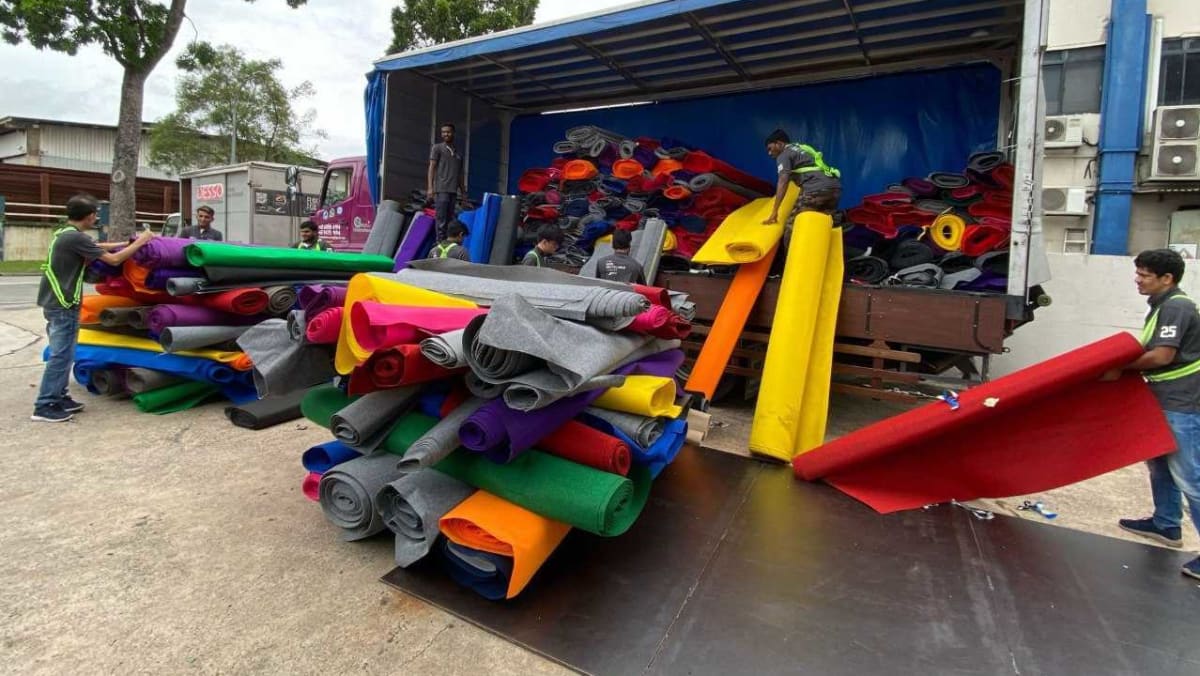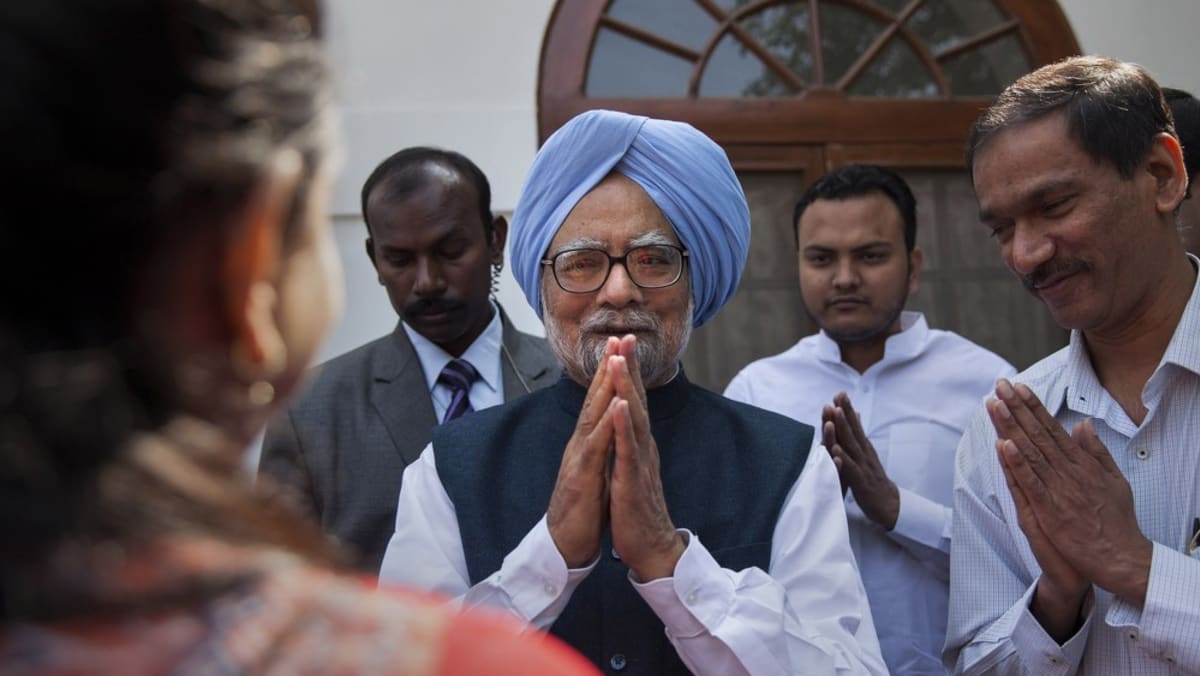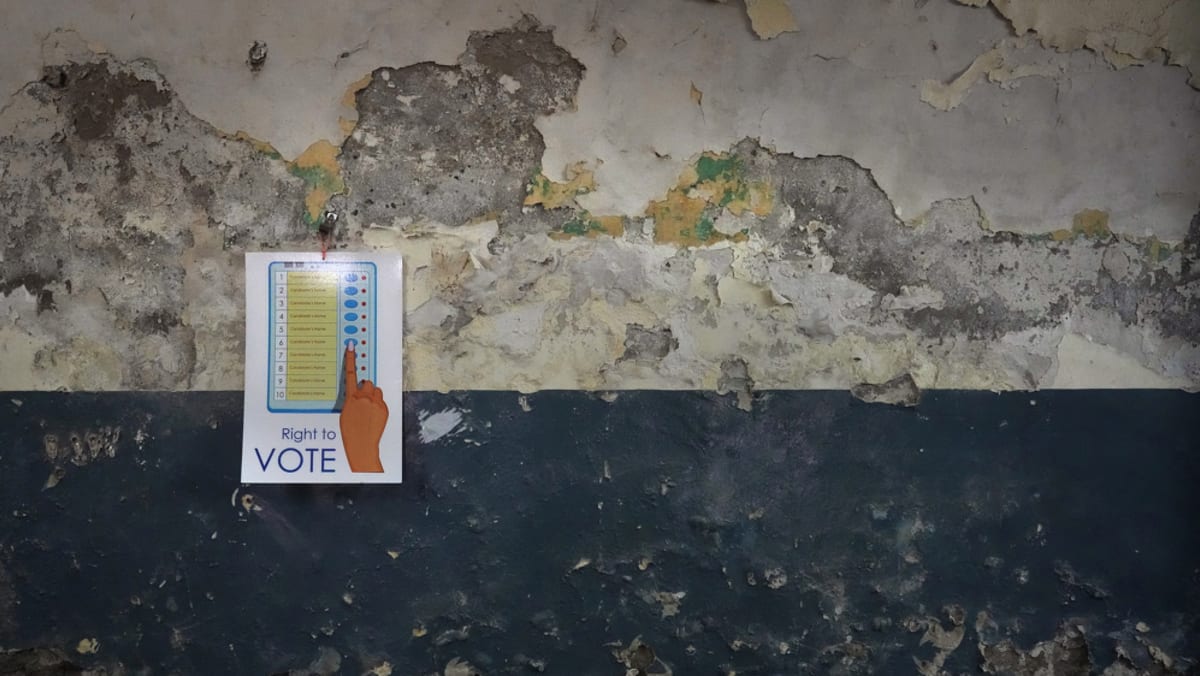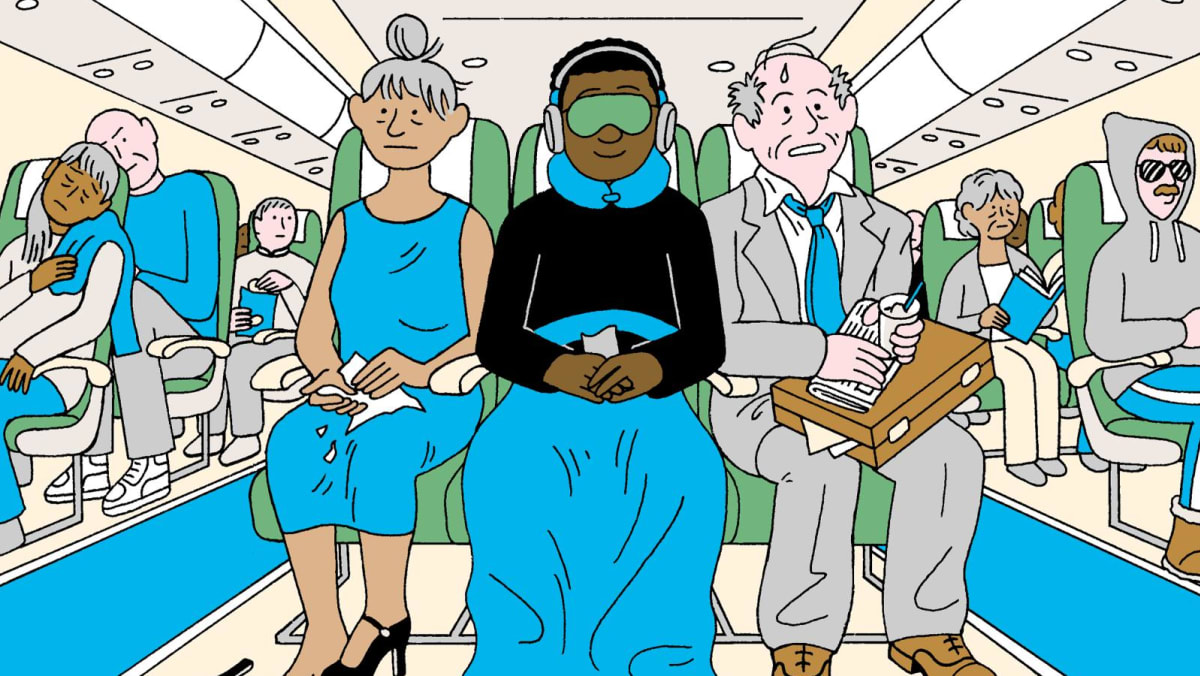BURIRAM, Thailand: Wilas Thaenna's eyes darted frantically across the screen of his tablet computer.
The video shows dozens of masked and armed men hurrying three Asians through a crowded street towards an International Committee of the Red Cross (ICRC) vehicle.
When the short-shaven head of his son Pongsak popped into frame, Wilas shouted in joy and tears poured down his cheeks.
The rest of the family scrambled to gather around the small screen.
That was the first sign of life for Pongsak, released after 15 months in captivity in Gaza, held there since Hamas' attack on Israel on Oct 7, 2023 and the subsequent retaliatory war on Gaza by Israel.
 Wilas Thenna watches the release of Thai hostages by Hamas on his tablet computer in his home in Buriram, Thailand. He has not heard from his son Pongsak, a farmhand working in Israel, since he was abducted during the Oct 7, 2023 attack.
Wilas Thenna watches the release of Thai hostages by Hamas on his tablet computer in his home in Buriram, Thailand. He has not heard from his son Pongsak, a farmhand working in Israel, since he was abducted during the Oct 7, 2023 attack.
It was a moment the 64-year-old father and widower from the northeastern Thai province of Buriram had been hoping and praying for.
“When I got the call on (Wednesday, Jan 29) evening from the Thai Embassy (in Tel Aviv) that five Thai hostages will be released, I was really happy. I couldn’t sleep all night,” he told CNA, his voice shaking with emotion.
“It’s been over a year … there was complete silence. My hopes were 50-50 (that Pongsak would return home).”
The five Thai hostages reached Israel on Thursday via military helicopter, where they will spend a few days undergoing medical tests and recuperating in a hospital.
They were released as part of a phased agreement earlier this month that halted a 15-month conflict between Israel and Hamas in war that devastated Gaza.
 Wilas watches on a tablet computer as his son Pongsak (in white) is released together with four Thai nationals by Hamas in Gaza,
Wilas watches on a tablet computer as his son Pongsak (in white) is released together with four Thai nationals by Hamas in Gaza,
Aside from Pongsak, the freed Thai nationals are Surasak Rumnao, Watchara Sriaoun, Sathian Suwannakham and Bannawat Saethao.
Authorities said they will return home as soon as they are medically cleared to travel.
THAI WORKERS IN ISRAEL
Pongsak’s fate throws a spotlight on Thai migrant workers making up the bulk of the agriculture labour force in Israel, a role they have held for over 30 years since replacing Palestinian workers.
Before 2023, an estimated 30,000 Thais were working in Israel, mostly as farmhands and gardeners.
They can earn up to US$1,800 a month – a salary unattainable in rural Thailand's agricultural sector.
That was the case with Pongsak, who left his native Buriram province five years ago in search of better opportunities.
His pursuit brought him to Israel, where he often livestreamed on Facebook his job picking vegetables, with Thai rock music blasting in the background.
But on Oct 7, 2023, instead of posting on social media, he called his father.
“My son video called me to show me that there was a war going on, and there were firing and bombings,” Wilas told CNA when we first visited him last October during the first anniversary of the attack.
“He was shouting, 'Hide, hide, hide from the bomb first. There are more coming. We must hide first.' He was saying something like that for about 10 minutes during the video call on Oct 7.
"After that, the signal was cut.”
THAI VICTIMS OF OCT 7 ATTACK
The cross-border incursion killed 41 Thais, in one of the deadliest days for Thais abroad in recent history.
Pongsak was one of 32 Thais abducted by militants and taken to Gaza. While most of the Thai hostages have been released, he was among six Thais who remained in captivity for 15 months.
One senior diplomat said the Thai casualties and hostages are “forgotten victims” of the Hamas attack.
Behind the scenes, efforts to secure their release continued quietly.
 Thai hostages freed by Hamas: Watchara Sriaoun, Sathian Suwannakham, Surasak Rumnao, Bannawat Saethao, Pongsak Thaenna, as they hold Thailand's flag in Israel, Jan 30, 2025. (Photo: AP/Royal Thai Embassy in Tel Aviv)
Thai hostages freed by Hamas: Watchara Sriaoun, Sathian Suwannakham, Surasak Rumnao, Bannawat Saethao, Pongsak Thaenna, as they hold Thailand's flag in Israel, Jan 30, 2025. (Photo: AP/Royal Thai Embassy in Tel Aviv)
Diplomatic sources told CNA that Thailand was the only country to directly engage with Hamas representatives in Iran via a delegation of Thailand’s House Speaker that resulted in the release of 17 Thai hostages in late November 2023.
In the following months, intermediary countries including Qatar, Egypt and Turkiye led the talks on behalf of the Thais.
A Thai foreign ministry spokesperson on Thursday thanked the various countries for their efforts.
He also renewed calls for the release of the last remaining Thai hostage Nattapong Pingsa, whose well-being and whereabouts have been unknown for months.
THAI WORKERS STILL FLOCKING TO ISRAEL
In the immediate aftermath of the attack, the Thai government moved swiftly to evacuate approximately 9,000 of its citizens from Israel.
Yet, dangers persist. In a stark reminder of the ongoing risks, five Thai farmhands were killed in mortar strikes near the Israel-Lebanon border in November and October last year.
The incidents prompted Thai officials to issue an unexpectedly stern warning to Israeli employers about placing workers in danger zones.
 Thai Ambassador to Israel Pannabha Chandraramya (left) welcomes Watchara Sriaoun (centre), one of five Thai hostages who were freed from Hamas, as he arrives in Israel, Jan 30, 2025. (Photo: AP/Royal Thai Embassy in Tel Aviv)
Thai Ambassador to Israel Pannabha Chandraramya (left) welcomes Watchara Sriaoun (centre), one of five Thai hostages who were freed from Hamas, as he arrives in Israel, Jan 30, 2025. (Photo: AP/Royal Thai Embassy in Tel Aviv)
Despite the ongoing conflict and a fragile ceasefire, the number of Thai workers in Israel has increased from an estimated 30,000 before the war to more than 35,000 today.
In fact, earlier this month, Thai Labor Minister Phiphat Ratchakitprakarn met with Israeli Minister of Agriculture and Food Security Avi Dichter and they announced Israel would accept 13,000 more Thais to work in the agriculture sector.
But for many of the former Thai hostages, their future remains uncertain. Most are thinking twice about going abroad again.
They and their families are being compensated by both governments of Thailand and Israel.
Manee Jirachat, one of the Thai hostages released in November 2023, was offered by his ex-employer to complete his five-year work contract with an option to extend.
But he told CNA at that time: “I don’t think I can.”
As for Wilas, he is counting down the days until Pongsak returns home.
He wants his son to ordain as a Buddhist monk to pay tribute to his late mother. It is also a religious rite that Thais believe will cleanse the soul after a horrific ordeal.


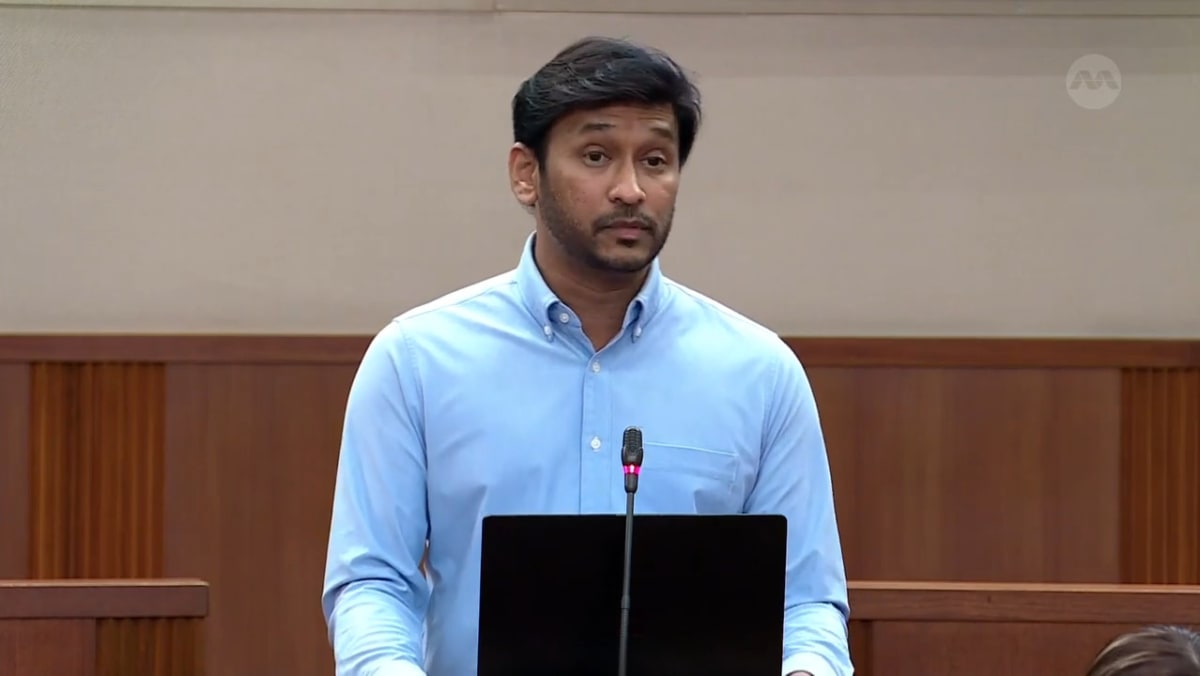
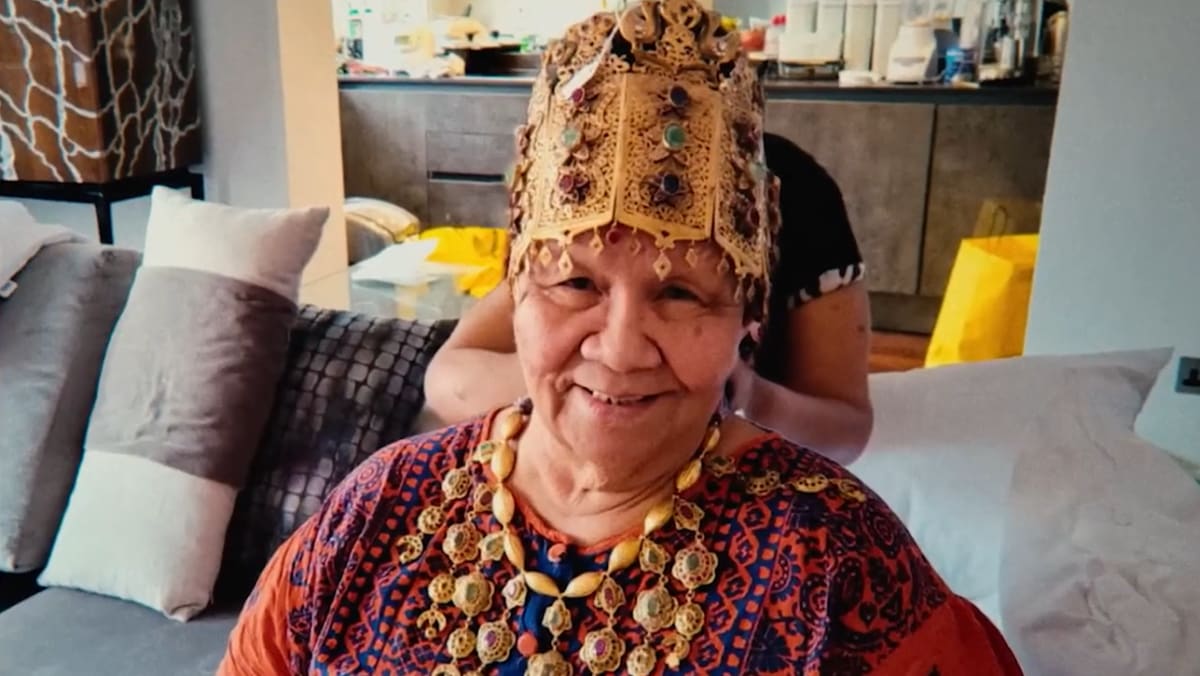
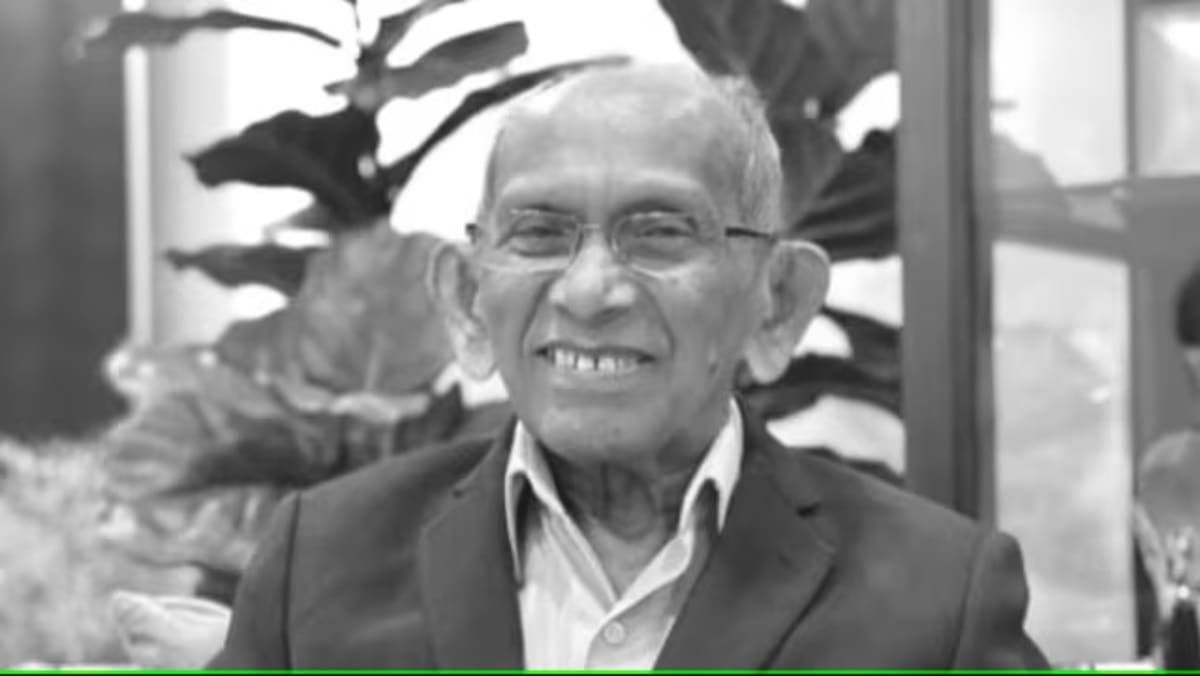


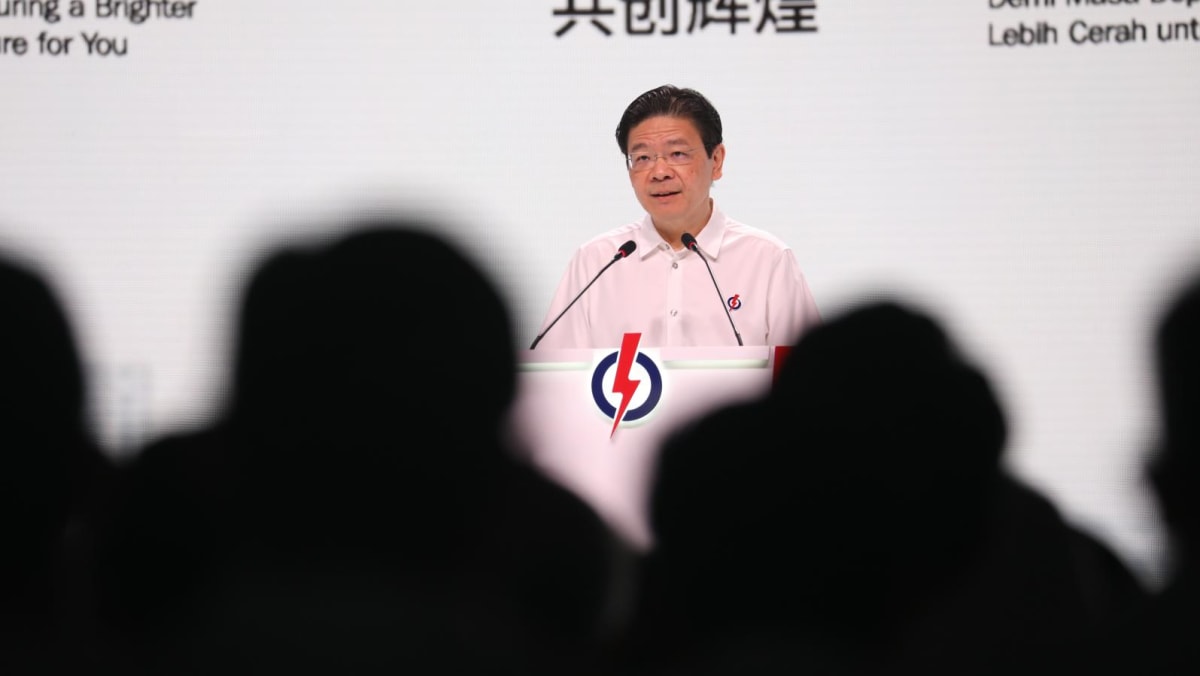
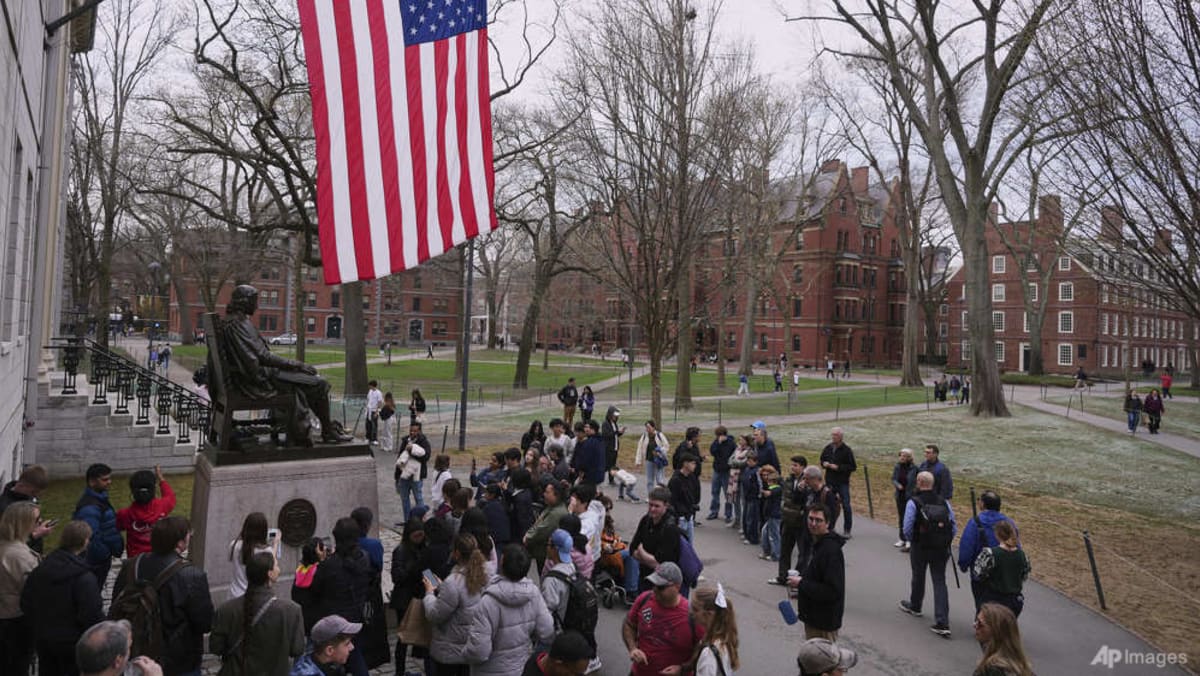
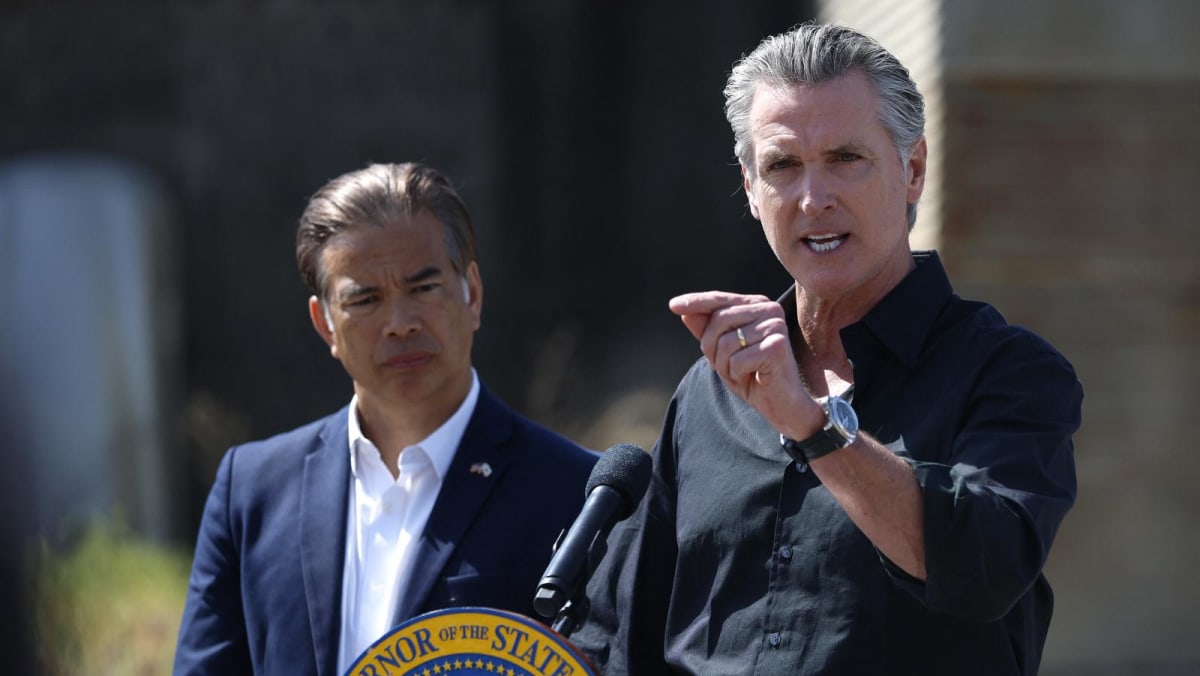


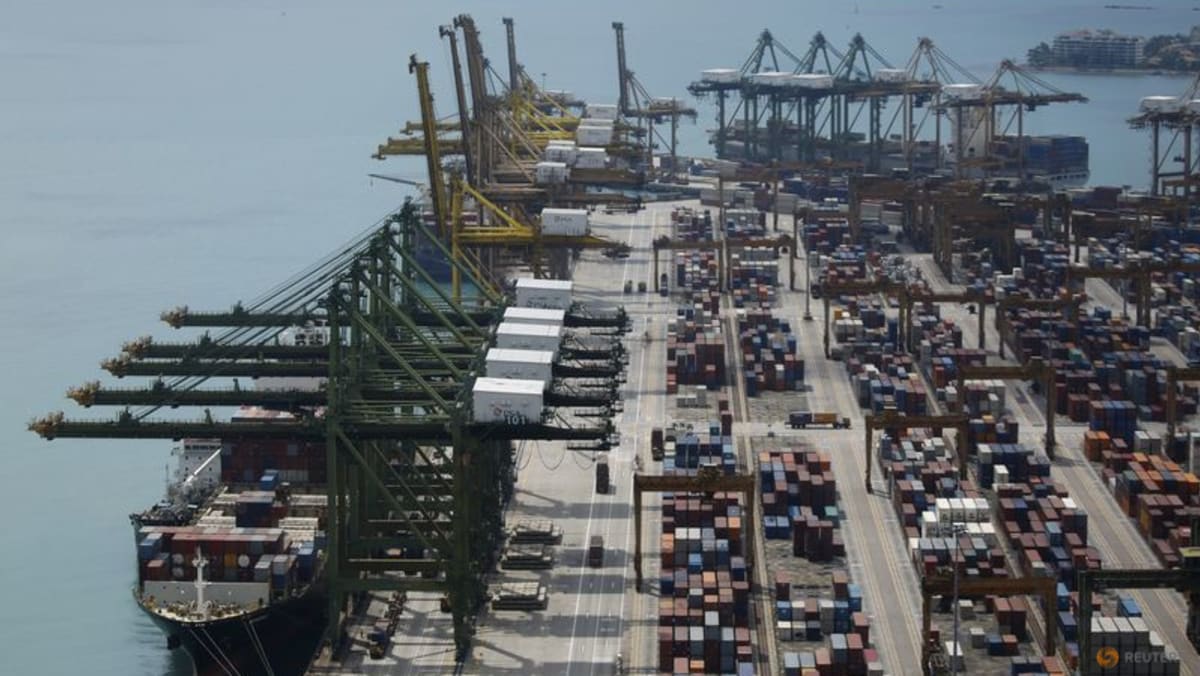
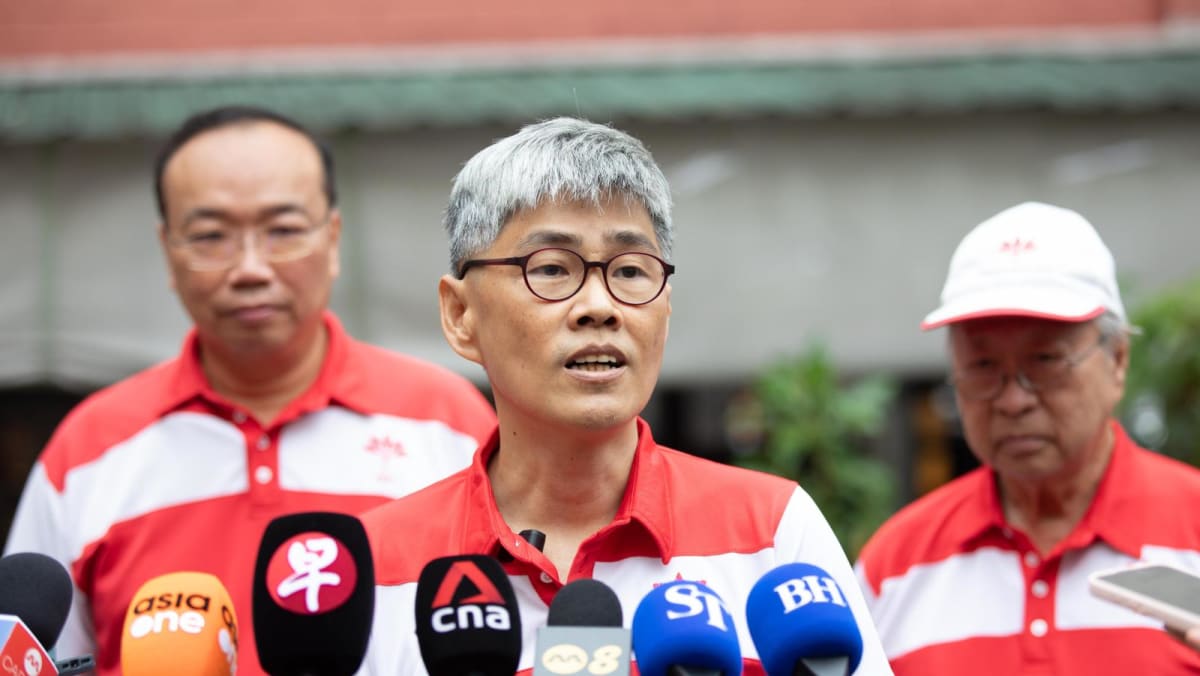
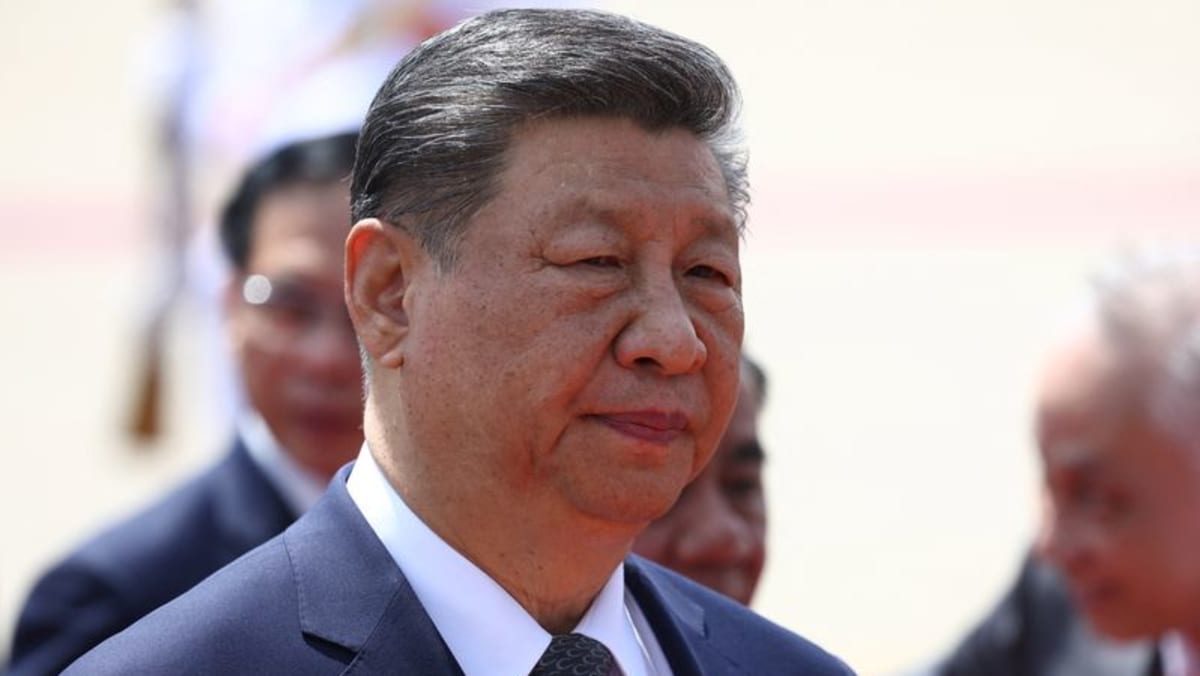
.png?itok=erLSagvf)
